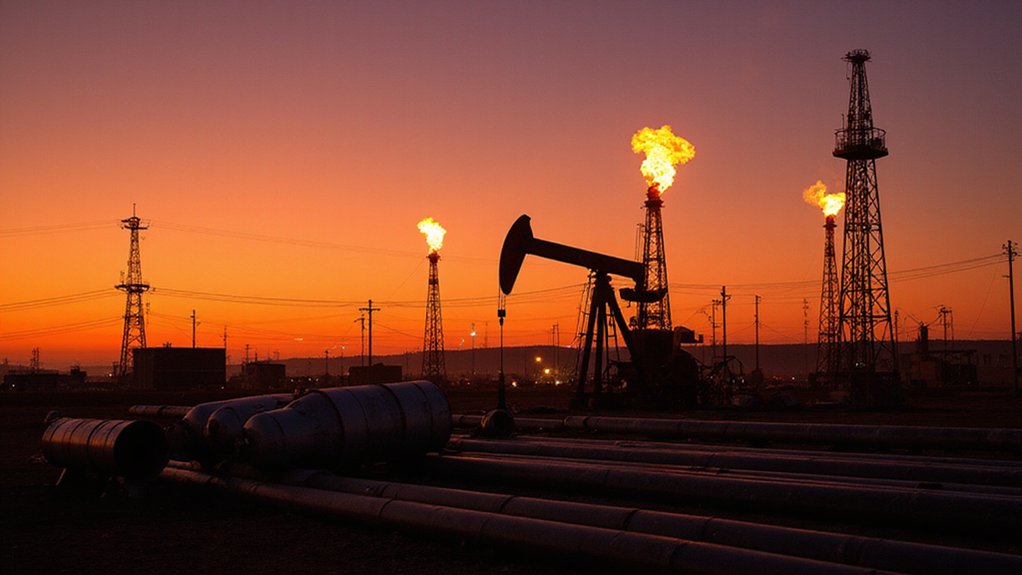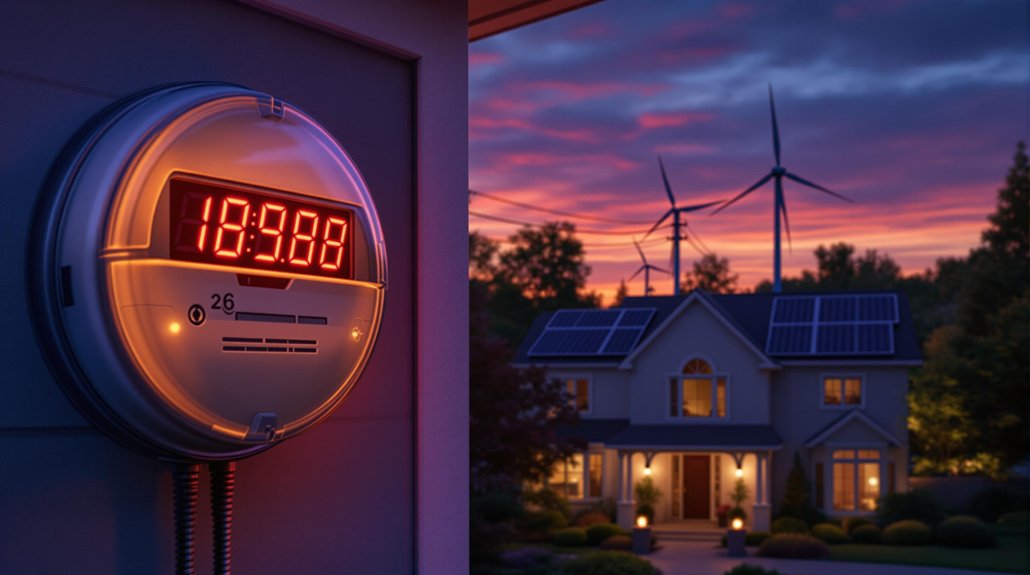The energy industry celebrated a major win last week as the House of Representatives passed a resolution to repeal the methane pollution fee. The vote, which ended 220-206 on February 26, 2025, saw six Democrats join Republicans in supporting the measure. The Senate quickly followed suit, sending H.J.Res. 35 to President Trump’s desk on March 4, 2025.
The resolution was passed under the Congressional Review Act, which allows Congress to nullify recently finalized federal regulations with a simple majority vote. By March 15, the bill became law without requiring President Trump’s signature, though some sources indicate he signed it by March 28.
Congress utilized the Congressional Review Act to rapidly overturn environmental regulations with simple majority votes.
Oil and gas companies opposed the fee, which they called a “tax.” The charge started at $900 per metric ton of methane emitted in 2024 and was set to increase to $1,200 in 2025 and $1,500 thereafter. It only applied to facilities releasing more than 25,000 tons of carbon dioxide equivalent annually.
The EPA had finalized the Waste Emissions Charge rule to implement the fee, which was originally mandated by the 2022 Inflation Reduction Act. Experts estimate the repeal will cost taxpayers $7.2 billion in lost revenue.
Methane is the second most prevalent greenhouse gas after carbon dioxide. It often leaks undetected from drill sites, gas pipelines, and other oil and gas infrastructure. Studies indicate that methane has 30 times the warming potential of carbon dioxide, making it a significant contributor to climate change. EPA rules were expected to prevent tens of millions of tons of climate pollution if left in place.
Environmental groups like the Sierra Club criticized the repeal as wasteful of taxpayer resources. Amanda Eversole from the American Petroleum Institute defended the nullification, arguing that the rule represented a duplicative and punitive tax on energy production. They noted that even with the fee gone, the EPA is still required under the IRA to implement methane regulations.
The methane fee repeal is part of a larger effort targeting Biden-era regulations. By mid-March 2025, the 119th Congress had introduced 54 resolutions to overturn Biden-era rules. Other energy-related targets include water heater efficiency standards and a rule protecting marine archaeological resources near offshore energy projects.
References
- https://news.oilandgaswatch.org/post/congress-repeals-oil-and-gas-methane-pollution-fee-costing-taxpayers-7-2-billion
- https://news.ballotpedia.org/2025/03/19/resolutions-to-nullify-biden-environment-and-energy-rules-head-to-trumps-desk/
- https://www.congress.gov/crs-product/R48475
- https://insideclimatenews.org/news/26022025/congress-to-vote-on-biden-administration-climate-regulations/
- https://pgjonline.com/news/2025/february/congress-overturns-biden-era-methane-fee-on-energy-producers









